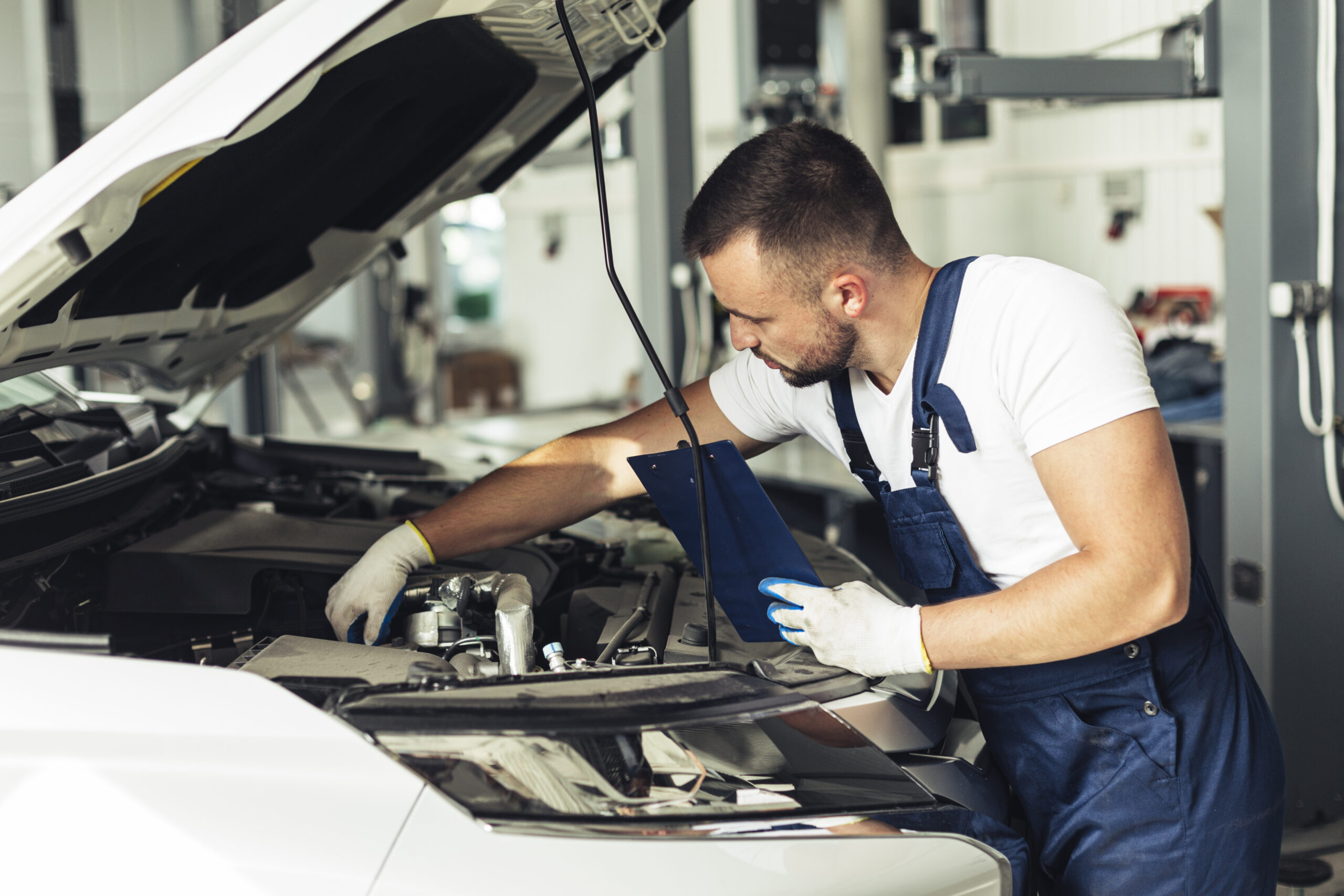All Categories
Featured
Your auto is an important part of your life, and taking excellent care of it makes certain that it serves you dependably for many years to find. While modern cars are created to be resilient, overlooking proper upkeep can bring about unneeded malfunctions and costly fixings. Below's exactly how you can maintain your cars and truck running longer and in peak condition.
- Comply With Regular Upkeep. The structure of a lasting cars and truck is normal maintenance. Follow your manufacturer's advised upkeep timetable, which can commonly be found in your auto's proprietor's guidebook. Routine tasks like oil changes, tire turnings, and brake checks prevent damage and keep your auto doing ideally.
Overlooking oil modifications is one of the quickest means to damage your engine. Tidy oil ensures correct lubrication and protects against overheating. Depending upon your car and driving behaviors, oil changes are typically required every 3,000 to 5,000 miles or as defined by the producer.
- Check and Renew Liquids. Your auto relies upon several fluids to operate efficiently. These include engine oil, transmission fluid, coolant, brake liquid, and power steering fluid. Low or unclean liquids can cause engine getting too hot, slipping equipments, and brake failing.
Make it a practice to examine liquid levels consistently. If you notice a considerable drop in liquid levels, it might show a leak that needs prompt focus. Keeping fluids tidy and at the ideal levels ensures your auto runs successfully and avoids costly fixings.
- Watch on Your Tires. Tire upkeep is critical for both safety and security and efficiency. Incorrectly inflated tires can decrease gas efficiency, create irregular wear, and boost the threat of blowouts. Check your tire pressure regular monthly and ensure it matches the manufacturer's referrals.
Revolving your tires every 5,000 to 7,500 miles promotes also wear and expands their lifespan. Additionally, examine your tires for any type of signs of damage, such as cuts, bulges, or reduced tread deepness, and replace them when essential.
- Change Worn Components on Time. Neglecting worn-out parts can result in larger problems later on. Failing to change a used timing belt can result in engine failure. Worn brake pads can damage rotors, leading to expensive fixings.
Be aggressive about changing parts such as spark plugs, filters, and belts as per the supplier's guidelines. Utilizing high-grade substitute components makes certain better performance and durability.
- Practice Gentle Driving. The method you drive substantially influences the life expectancy of your automobile. Hostile driving practices, such as quick acceleration, unexpected stopping, and hard cornering, put added anxiety on the engine, brakes, and tires.
Instead, take on smooth driving methods. Accelerate slowly, keep a stable speed, and brake delicately whenever feasible. This minimizes deterioration on your car's elements and boosts fuel efficiency.

- Secure Your Vehicle's Outside. Keeping your cars and truck clean isn't just about looks-- it has to do with preventing damage. Dust, roadway salt, and grime can trigger corrosion and corrosion, especially in the undercarriage. Normal cleaning, particularly during winter or after driving on salted roadways, is necessary.
Waxing your car every few months provides a protective layer against environmental damages. Furthermore, park your car in a garage or utilize a cars and truck cover to protect it from harsh climate and UV rays, which can discolor the paint and damage the interior.
- Do Not Overlook Caution Indications. Dashboard warning lights are your vehicle's method of informing you something needs interest. Whether it's the check engine light, reduced oil pressure, or tire pressure caution, attending to these alerts promptly can prevent minor problems from becoming significant repair work.
If you see uncommon audios, resonances, or modifications in your cars and truck's performance, do not neglect them. An expert technician can identify and deal with the trouble prior to it escalates.
- Store Your Cars And Truck Appropriately. If you're not using your cars and truck for an extended period, appropriate storage space is essential. Keep your vehicle in a cool, dry place to secure it from climate damages. Use a battery tender to maintain the battery charge and add a fuel stabilizer to avoid the gas from wearing away.

Beginning the automobile periodically or taking it for a brief drive can maintain all systems in working order and prevent components from confiscating up.
Final Thought: Uniformity Is Key. Keeping your car running much longer does not call for complex steps-- simply consistency and interest to information. Treat your cars and truck with treatment, and it will certainly compensate you with dependability, better efficiency, and years of trustworthy solution.
Latest Posts
Find the Greatest Auto Repair Offers in Montclare, Chicago
Uncover Cost-Effective Auto Repairs with Montclare’s Exclusive Service Specials
Understanding Roof Covering Guarantees: What Homeowners Need To Know
More
Latest Posts
Find the Greatest Auto Repair Offers in Montclare, Chicago
Uncover Cost-Effective Auto Repairs with Montclare’s Exclusive Service Specials
Understanding Roof Covering Guarantees: What Homeowners Need To Know
